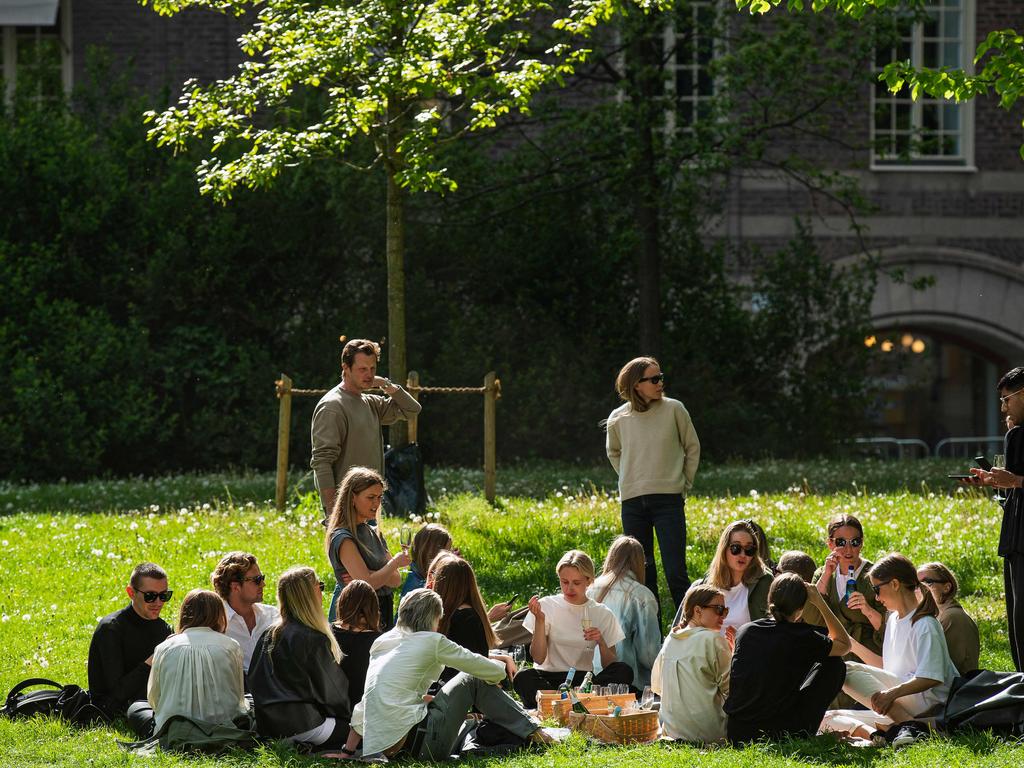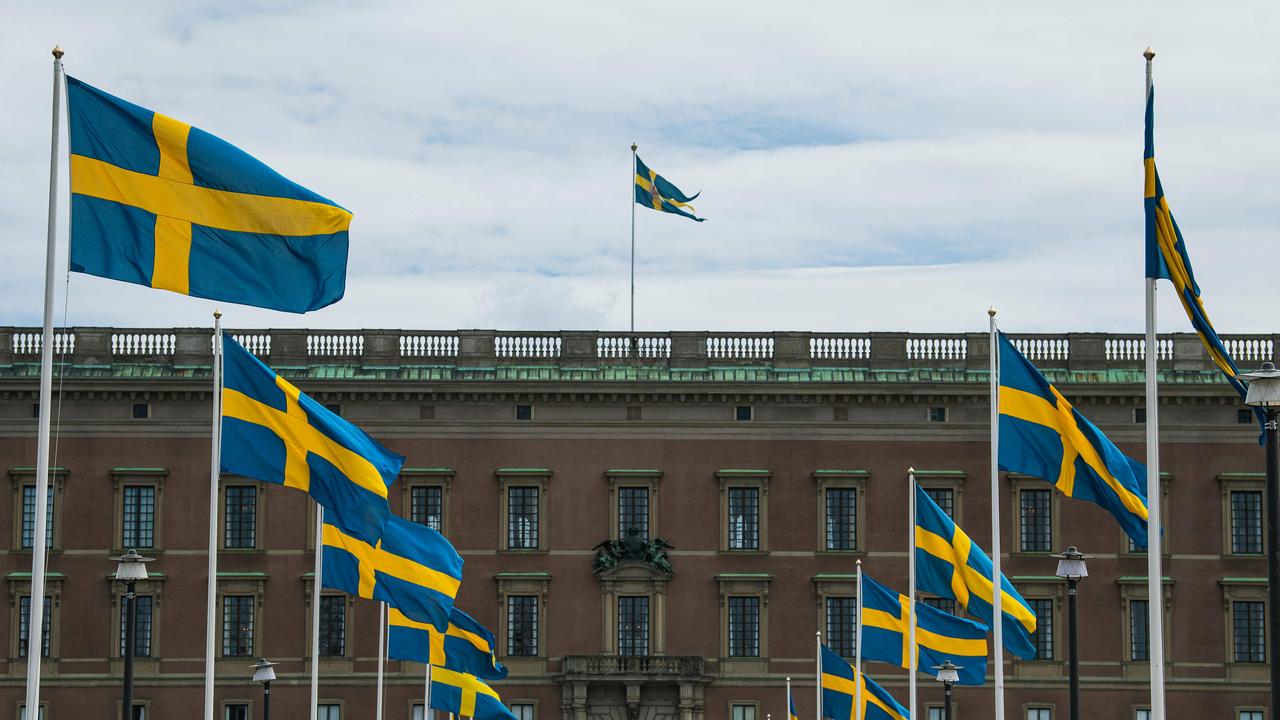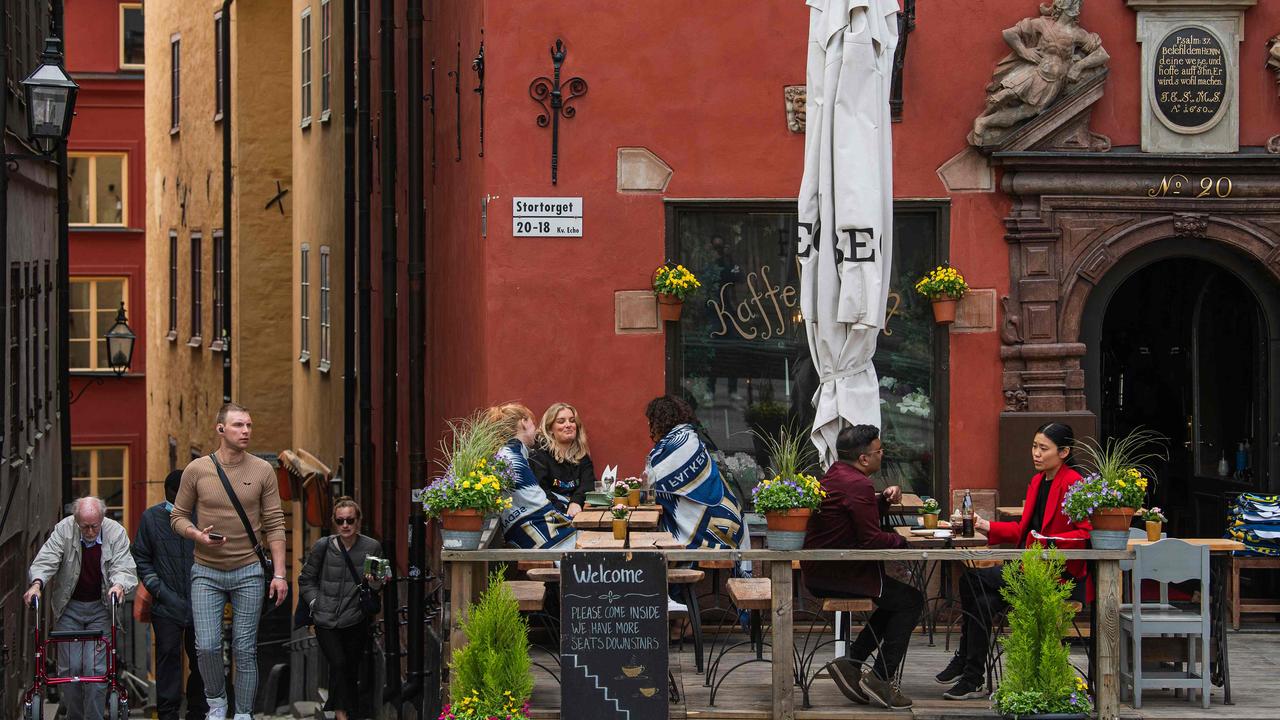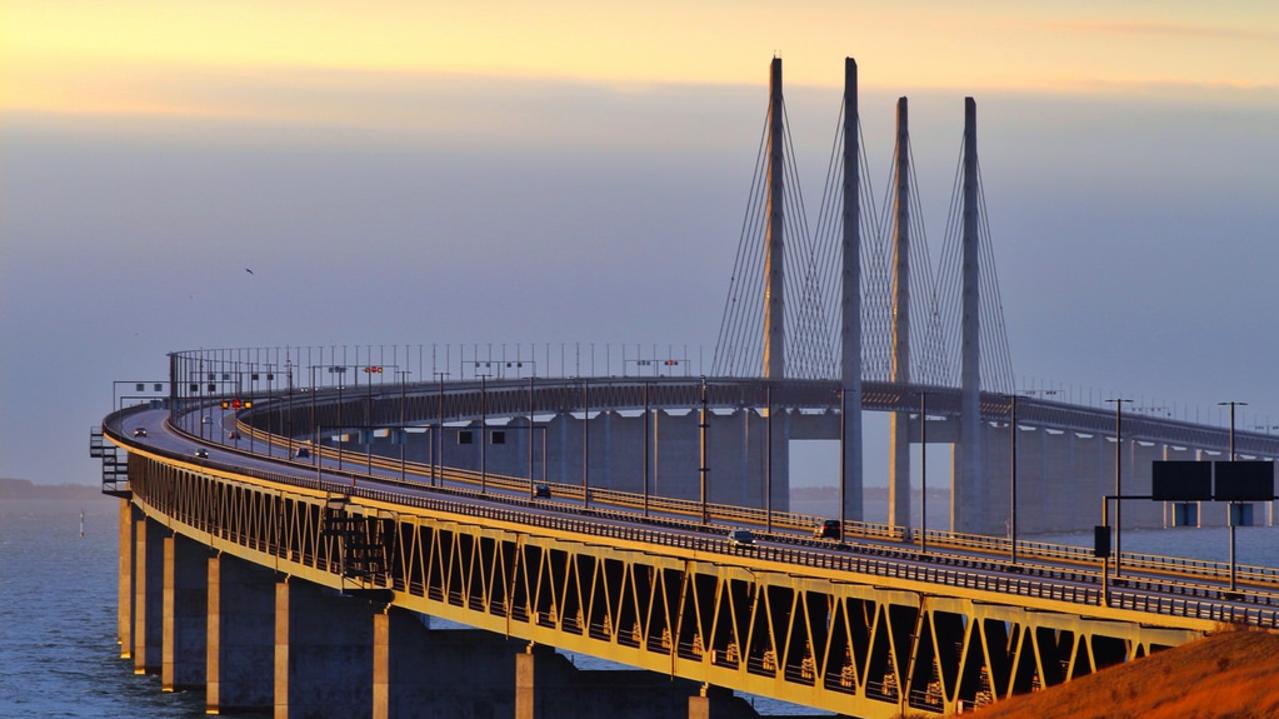Coronavirus: Sweden admits it should have tackled COVID-19 differently
Sweden steered a different coronavirus course, refusing to lock down. But its death toll is now one of the worst in Europe with one expert saying, “we understood nothing”.
It was the bold coronavirus experiment that raised eyebrows across the world.
As much of the globe went into mandatory lockdowns as COVID-19 cases soared, Sweden left schools, gyms and even pubs and restaurants open.
The aim was to steer a different course through the coronavirus pandemic, that would keep the economy going and respect the nation’s famous social liberties, while shielding those most at risk
But now, as Sweden grapples with almost 20 times the death rate of neighbouring countries and hundreds of new infections a day, the nation’s top health expert has said their response was lacking.
RELATED: Follow the latest coronavirus updates
Sweden’s economy is just as trashed as everyone else’s and any hope of “herd immunity” still seems a very long way off. This week, the country was dealt another gut punch as Denmark and Norway – Sweden’s Scandinavian soulmates – excluded it from an upcoming quarantine free travel corridor.
One local infectious disease expert was frank about Sweden’s COVID-19 woes, remarking: “We understood absolutely nothing”.


SWEDEN REFUSES TO LOCKDOWN
In March, most European nations imposed strict lockdowns on in their citizens.
But not Sweden. The nation of 10 million encouraged people to social distance, hand wash and work from home; it stopped older students going to school, banned gatherings of more than 50 and urged the vulnerable and elderly to isolate.
That was about it though, and life went on much the same as usual in the shops, beaches and lakeside bars of Stockholm.
In April, Professor Johan Giesecke, a prominent physician and one-time Swedish chief epidemiologist, said it was more likely Swedes would respond to less draconian measures than lockdowns.
"The Swedish government decided early in January that the measures we should take against the pandemic should be evidence-based.
“And when you start looking around at the measures being taken by different countries, you find very few of them have a shred of evidence base," he said.

The country’s top health officials denied Sweden was pursuing an approach of “herd immunity”. Rather that the country was trying to flatten the curve just like everyone else but in a less disruptive way.
However, in the end, state epidemiologist Anders Tegnell said herd immunity might be the outcome.
“Herd immunity will help us in the long run but it's not like we are actively trying to achieve it,” he told newspaper USA Today in April.
“If we wanted to achieve herd immunity, we would have done nothing and let coronavirus run rampant through society,” said Mr Tegnell.
As the weeks went on, however, it seemed Swedes weren’t doing what their government had hoped. Google tracking data showed that in scores of countries, including Australia, fewer people used public spaces such as parks and beaches during the pandemic.
In Sweden, the use of public spaces actually went up during March.

‘WE WOULD DO IT DIFFERENTLY’
The country has now recorded almost 42,000 cases of COVID-19 and 4500 deaths.
Sweden’s Nordic neighbours have had nothing like that outcome. Denmark has had 580 coronavirus deaths; Finland has seen 320 and Norway has had 237 – 19 times fewer than Sweden.
Asked if the country’s high death toll has made him reconsider his unique approach to the pandemic, this week Mr Tegnell told Swedish Radio “yes, absolutely.”
“If we were to encounter the same disease again, knowing precisely what we know about it today, I think we would settle on doing something in between what Sweden did and what the rest of the world has done.”
But Mr Tegnell has still defended the country’s approach and said at this point it was unclear exactly what measures hadn’t worked well in Sweden. Equally, other nations had put in so many restrictions it wasn’t clear which ones had worked.
Here in Australia, some epidemiologists have argued closing pubs and large gatherings was the right step but stopping people from sitting in parks or going to the beach was unnecessary and did little to stop the spread.

Indeed, Sweden’s decision not to close schools for most children has generally been seen as sensible given COVID-19 seems to have far less of an effect on younger people.
But the country also failed to stop the virus sweeping through nursing homes and testing rates have been stubbornly low.
Sweden is by no means the worst afflicted European nation. Its rate of 44 deaths per 10,000 residents is streets ahead of Britain, Italy, Spain and Belgium - all of which had harsher lockdowns. Boris Johnson would likely love to have Sweden’s problem.
“We still believe that our strategy is good, but there is always room for improvement. … You can always get better at this job,” Mr Tegnell told a news conference in Stockholm.
‘WE UNDERSTOOD NOTHING’
Others have been less kind though. Born Olsen, a professor of infectious medicine at Sweden’s Uppsala University, said whereas in many countries COVID-19 infections peaked and fell rapidly – like in Australia – in Sweden new cases rose and have now plateaued. For weeks new cases in Sweden have been in the hundreds per day.
“I know that many countries looked at Sweden as a good example of an open society. We had a relatively low number of cases. And then it started to skyrocket. We understood absolutely nothing,” he told The Washington Post.
Sweden’s approach hasn’t salvaged its economy which is expected to shrink by seven per cent in 2020 with the finance minister stating the country is headed for “a very deep economic crisis”.
More than 76,000 people have been made redundant since the outbreak began and unemployment, which now stands at 7.9 per cent, is expected to climb higher.
As for achieving herd immunity, less than 10 per cent of Stockholm’s citizens – where you would expect coronavirus to be most prevalent – have the virus antibodies in their system.

Stretching away into the murky strait that separates southern Sweden from Denmark’s capital of Copenhagen is the Oresund Crossing. This monument to construction – eight kilometres- long, half bridge, half tunnel – physically stitched together two countries which had a close history anyway.
Swedes and Danes crossed the border with no more bother than someone heading across the Murray from New South Wales to Victoria.
But with Denmark and Sweden’s experience with coronavirus vastly differing, the Oresund Crossing is likely to remain shut for some time to come.
With Reuters and AP.



